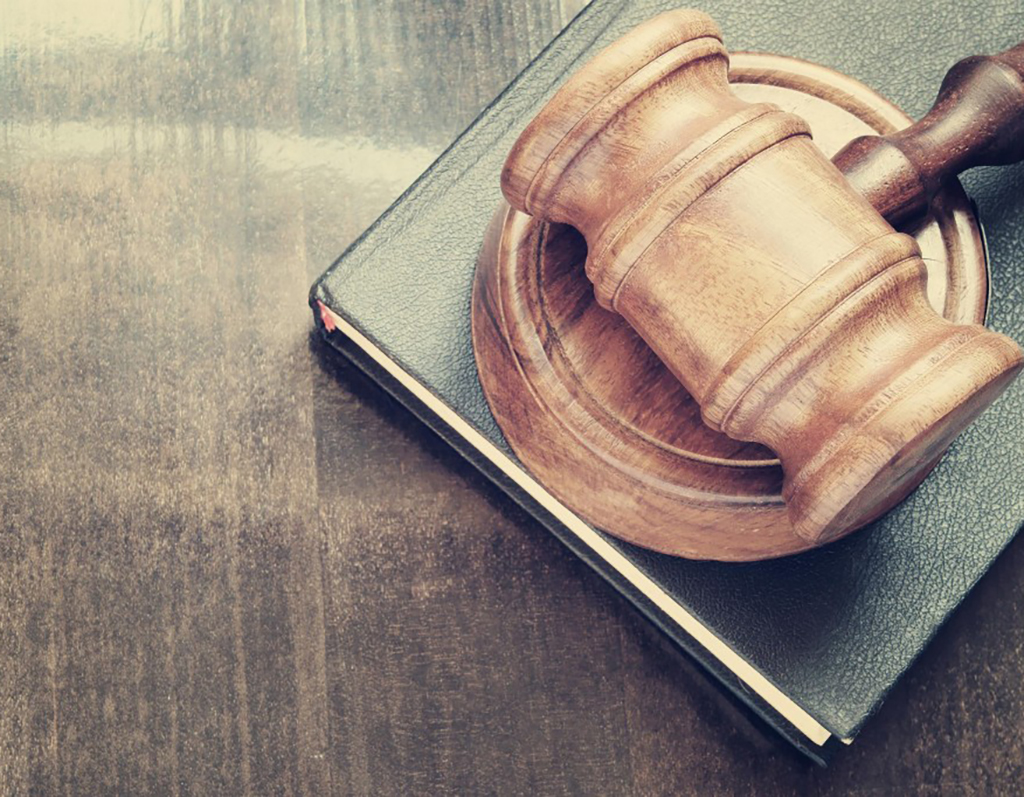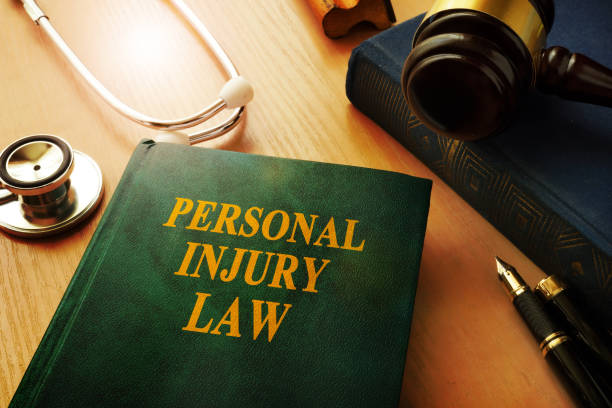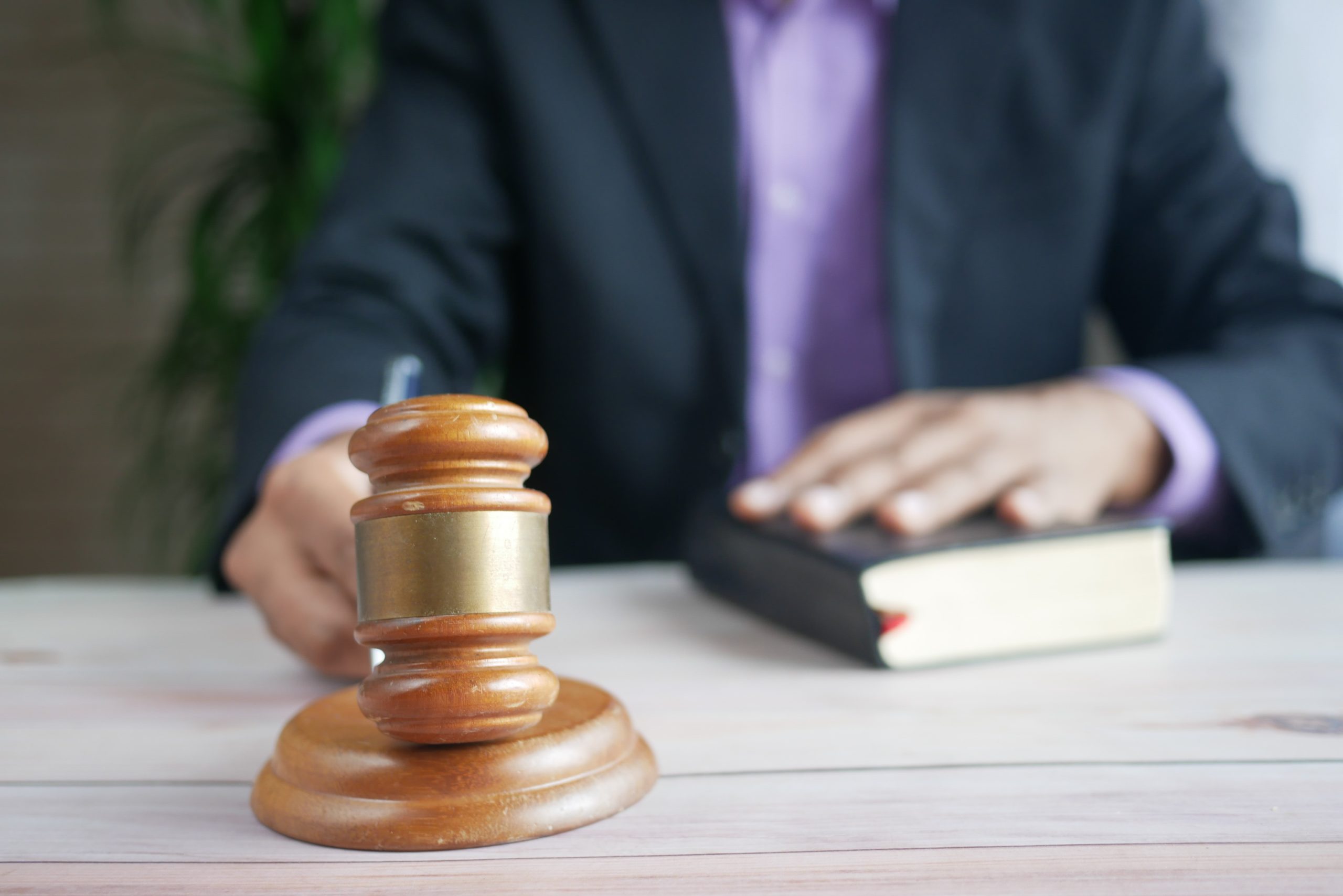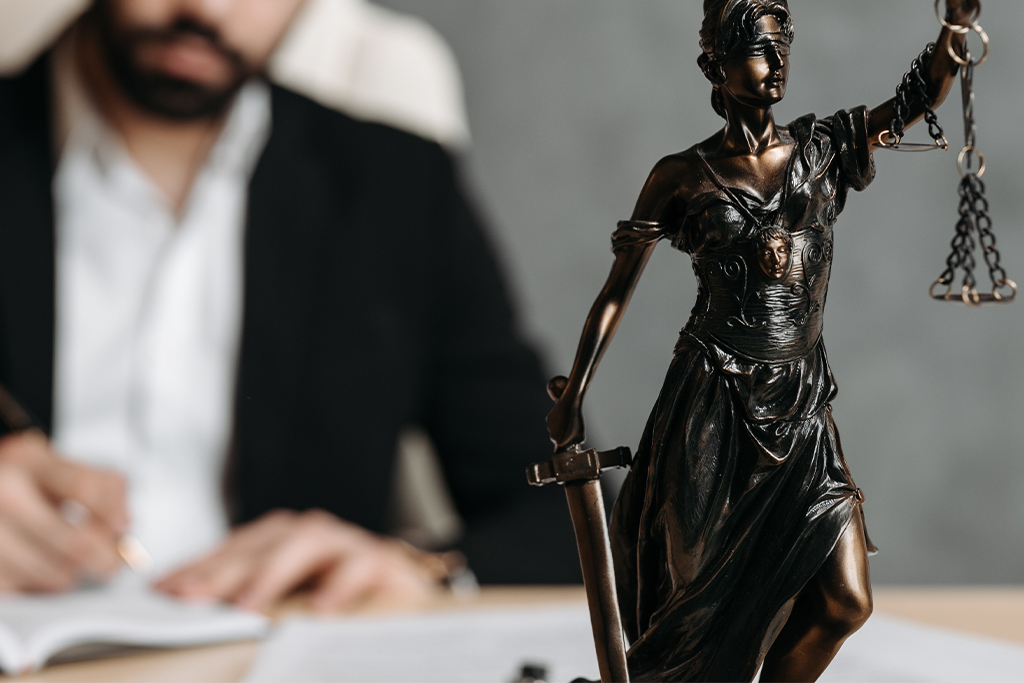In the context of a lawsuit for personal injury, demonstrating that the defendant was negligent is one of the most important steps in establishing that they are liable for your injuries. In legal parlance, negligence is defined as the failure to exercise due care, which results in the injury or death of another individual. You have to be able to show that the negligence of the other party was the direct cause of your injuries if you want to have a compelling case. In this piece, we will look into the most important factors that need to be considered when showing negligence in a case involving bodily harm.
1. The Obligation to Exercise Caution:
Establishing that the defendant owed you a duty of care is the first stage in the process of proving negligence committed against you. The term “duty of care” refers to the legal requirement to conduct oneself in a reasonable manner and to refrain from causing injury to other people. For instance, drivers have a responsibility to operate their vehicles in a safe manner and to comply with all applicable traffic laws.
2. Infraction of the Duty:
After establishing that the defendant owed you a duty of care, you will need to demonstrate that the defendant broke that duty. This indicates that they did not exercise the level of care that a reasonable person would have in a situation of the same nature as the one in which they found themselves. In order to demonstrate that a breach has occurred, it is typically necessary to show evidence demonstrating that the defendant’s acts or inactions directly contributed to the occurrence of the accident or harm.
3. The chain of events:
The concept of causation is an essential component. You will need to show that the defendant’s breach of duty was directly responsible for the injuries you have received in order to win your case. This requires demonstrating that the injuries would not have occurred “but for” the negligence of the defendant. It may be possible to establish this connection through the use of expert witnesses and medical evidence.
4. The Most Probable Cause:
Determines if the defendant’s acts were a foreseeable result of their breach of duty and is also known as legal cause. Proximate cause is also sometimes referred to as legal cause. It determines whether the defendant was directly responsible for the injury that was sustained or whether there were significant intervening events that contributed to the harm.
5. The harm done:
It is necessary for you to have experienced actual damages in order to establish a successful personal injury lawsuit based on carelessness. Damages might come in the form of medical bills, money lost from wages, physical and mental anguish, and other types of loss that can be quantified.
6. Comparative Negligence, Also Known As:
There are various regions of the world that use the comparative negligence legal standard. This means that if the party who was wounded is determined to be partially guilty for the accident, the amount of compensation they receive may be reduced by the same percentage that they were found to be at blame for the incident. It is essential that you give some thought to how comparative negligence rules might have an effect on your case.
7. Proof and supporting documentation:
Gathering evidence is absolutely necessary in order to establish carelessness. It is possible that this step will require you to collect images, accident reports, medical records, statements from eyewitnesses, and any other pertinent data that supports your claim.
8. Representation in a Legal Matter:
Because establishing negligence can be a difficult and time-consuming process, having an experienced personal injury attorney on your side is absolutely essential. They are able to assist you in compiling evidence, constructing a compelling argument, navigating legal procedures, negotiating with insurance companies, and, if required, representing your interests in court.
In conclusion, establishing negligence as the cause of an injury is one of the most important components of a winning personal injury claim. You can make a persuasive argument that the negligence of the defendant directly led to your injuries if you can prove that there was a duty of care, that it was breached, that causation occurred, that proximate cause occurred, and that damages were incurred. Your chances of collecting the compensation you are entitled to will improve if you collaborate closely with an experienced attorney who will ensure that your case is well-prepared and presented in an effective manner.






